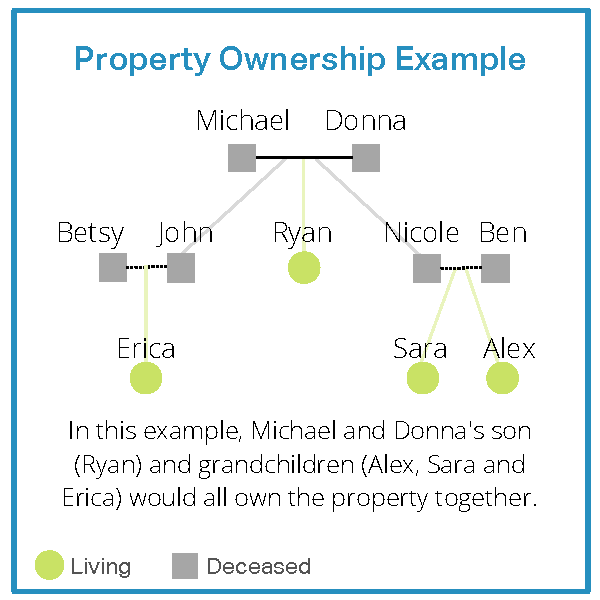If you have homeowner’s or renter’s insurance and your property has been damaged, you should file a claim with your insurance company as soon as possible after the disaster. Your policy will have a deadline to file your claims after the property is damaged. If you are uninsured or your insurance does not cover your losses, you can apply for assistance from FEMA. Organizations providing assistance will typically require you to apply to your insurance first.
Step 1: Document the damage
Your insurance adjuster will come to your home to view the damage, but you should also keep documentation of the damage for your own records.
- Take photographs of all of the damaged property, including discarded objects, structural damage, and standing floodwater levels.
- Make a list of damaged or lost items, including as much information as you have about their age, value and condition.
Step 2: Notify your insurer to start the claims process
Contact your agent or insurance company to file a claim. An adjuster should contact you within a few days of filing your claim and will schedule a time to come to your home and inspect the damage. If you do not hear from an adjuster, contact your insurance agent or company again.
Step 3: Complete a proof of loss to support your claim
Your adjuster will assist you in preparing a Proof of Loss, which is your sworn statement of the amount you are claiming, including supporting documentation. If you do not agree with the Proof of Loss provided by your insurance company, you can submit your own.
You’ll receive your claim payment after you and the insurer agree on the amount of damages and the insurer has your complete, accurate, and signed Proof of Loss.
Step 4: If needed, dispute the insurance company’s decision
If your insurance company denies your claim or the amount offered is too small, but you believe your claim should be covered by your policy, you have several options:
- Gather additional evidence of your damage and submit it to your adjuster
- Contact the adjuster’s supervisor or the insurance company’s claims department
- File a complaint with the North Carolina Department of Insurance at 855-408-1212
- Contact Legal Aid NC or another attorney for assistance


